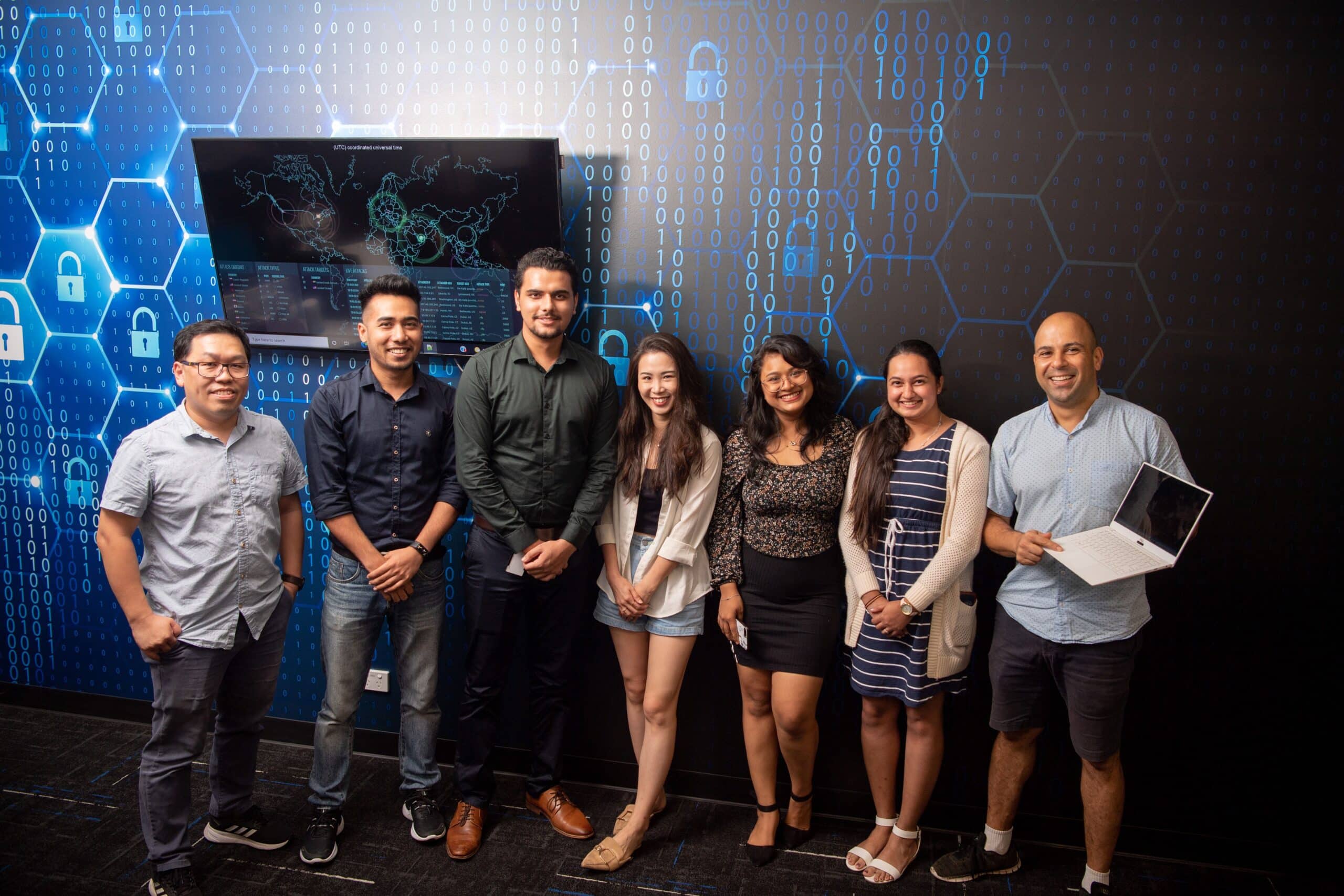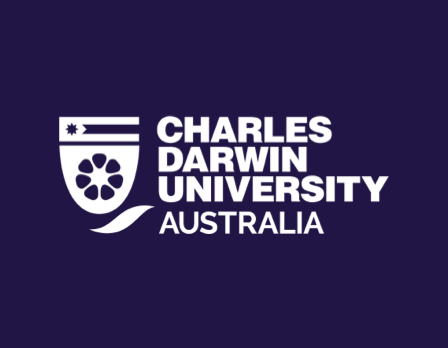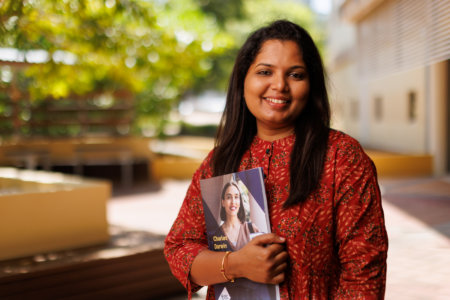Nothing prepares you for the future better than an education that gives you the most in-demand skills in your chosen career — even more so if it’s from a leading university like Charles Darwin University (CDU).
Just ask Digita Shrestha from Nepal. People in her hometown did not believe a girl like her could study or work in IT – that is, until she proved them wrong. In the second semester of her Master of Information Technology, Digita won a position as service desk analyst.
“Everyone in my community wanted me to be a nurse. When I asked them why, they said other subjects will be tougher for girls. I wanted to change this mindset,” she says.
“When I was in grades six or seven, my grandmother would always ask me, and not my brother, to fix her phone. Her trust in me sparked a passion in me about all things technical. My interest only grew from there.”
With data leaks and cybercrimes on the rise, Digita wanted to not only protect herself but to help communities. Today, she is doing just that as a Network Engineer for NEC Australia. Digita knows this success is due to the programming languages she mastered at CDU and the Career Centre for helping her out with her CV and interviews. Dedicated faculty members, like Professor Mamoun Alazab (one of the most influential computer scientists in the world), were always available to support and inspire her as well.

Having previously studied in Sydney, Digita Shrestha prefers the lifestyle that comes with living in Darwin. Source: Charles Darwin University
Professor Mamoun is a seasoned educator and researcher focusing on cybercrime detection and prevention. He leads the Information Technology (IT) department at CDU. Together with his team, they work tirelessly to make sure all IT courses are as up-to-date as can be. No detail escapes them.
“Advice is regularly requested from several bodies, such as the Industry Engagement Group (IEG), the Industry Advisory and Engagement Group (IAEG), educational design staff from the Office of Education Strategy and as well as regular student/staff meetings,” he explains.
“Minutes are taken and approved during the next meeting of the relevant group. All such groups provide regular feedback, which is used by staff to continually monitor the programme’s performance — and if required, can lead to course changes and review.”
CDU partners with many companies to understand what they need from graduates. For example, companies have set topics for final-year projects and jointly supervised students; offered internships; assessed final-year thesis presentations; and hosted guest lectures on specialist topics.
“Applying what they have learned in the real world is a priority for us. We do this by working with companies, offering projects with real clients and adding projects at all academic levels. The goal is to prepare students for a dynamic technology landscape,” adds Professor Mamoun.
The CDU IT Code Fair is an annual event that showcases student work to the wider CDU community, partner companies and employers looking to recruit the next big talent. It is actively promoted by the NT Government Minister for Corporate and Digital Development. Many students who joined the CDU IT Code Fair have won placements and found high-skilled full-time jobs.
All IT students at CDU are welcome to take part in the fair. Even if they decide not to participate in the CDU IT Code Fair, they will still be able to get work experience. At the postgraduate level, the Master of Information Technology (Artificial Intelligence), Master of Information Technology (Cyber Security), Master of Information Technology (Information Systems), and Master of Information Technology (Software Engineering) are just as practical.
The same applies to the Master of Data Science, which is what Sadaf Mehedi Chayon from Bangladesh is currently pursuing in hopes of one day following in the footsteps of his tech heroes.
Thanks to in-depth courses, he feels he is well on his way. So far, he’s gained many insights into how to apply data science to the real world. “I’ve got to see the discipline come to life during my classes in machine learning, artificial intelligence and visualisation,” he says.

Sadaf Mehedi Chayon is determined to make a career out of harnessing data to drive innovation. Source: Charles Darwin University
Sadaf has had several chances to discuss these topics with experts through the talks conducted often at CDU. However, nothing beats being able to test his new knowledge on campus.
“CDU boasts some of the most advanced IT facilities and resources I’ve seen,” he says. “Their labs are equipped with the latest software and hardware catered specifically for data science studies and are exclusive to the industry. Another distinctive feature is the dedicated spaces for collaborative work. These top resources ensure students like me are always at the forefront of technological advancements.”
Sadaf is confident he can return to Bangladesh and contribute to its young tech scene. But that might have to wait. Australia has a strong tech industry. If he lands a job here, Sadaf foresees extending his stay Down Under to seize that opportunity. With the Tech Council of Australia’s set target for technology to deliver 250 billion Australian dollars per year to the country’s GDP by 2030, chances are the right job will present itself to Sadaf, and other CDU IT students eager to make a difference.
Click here to learn more about what CDU can do for your tech-focused ambitions. To explore your CDU scholarships, click here instead.
Follow Charles Darwin University on Facebook, X, Instagram, LinkedIn, Weibo and YouTube













